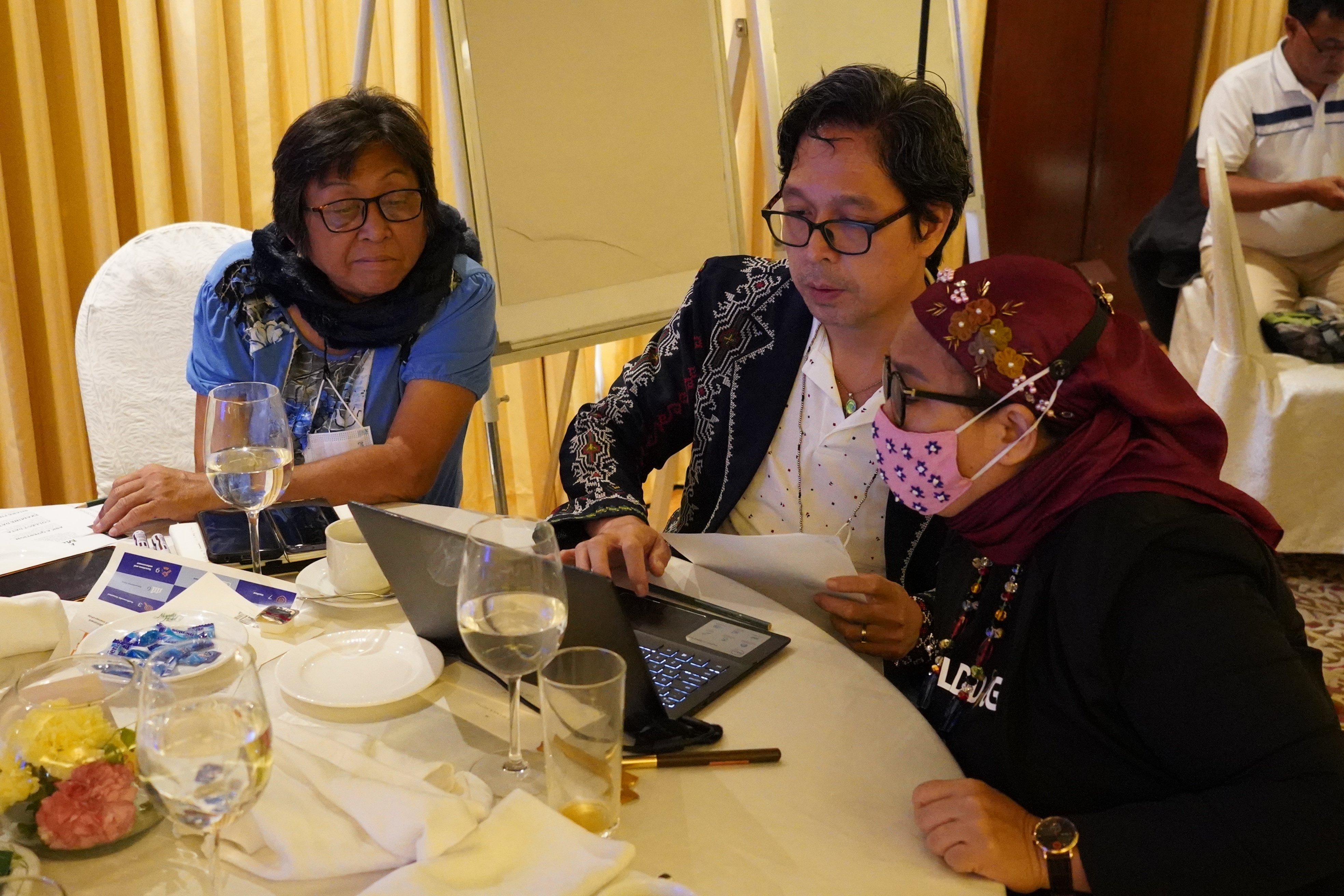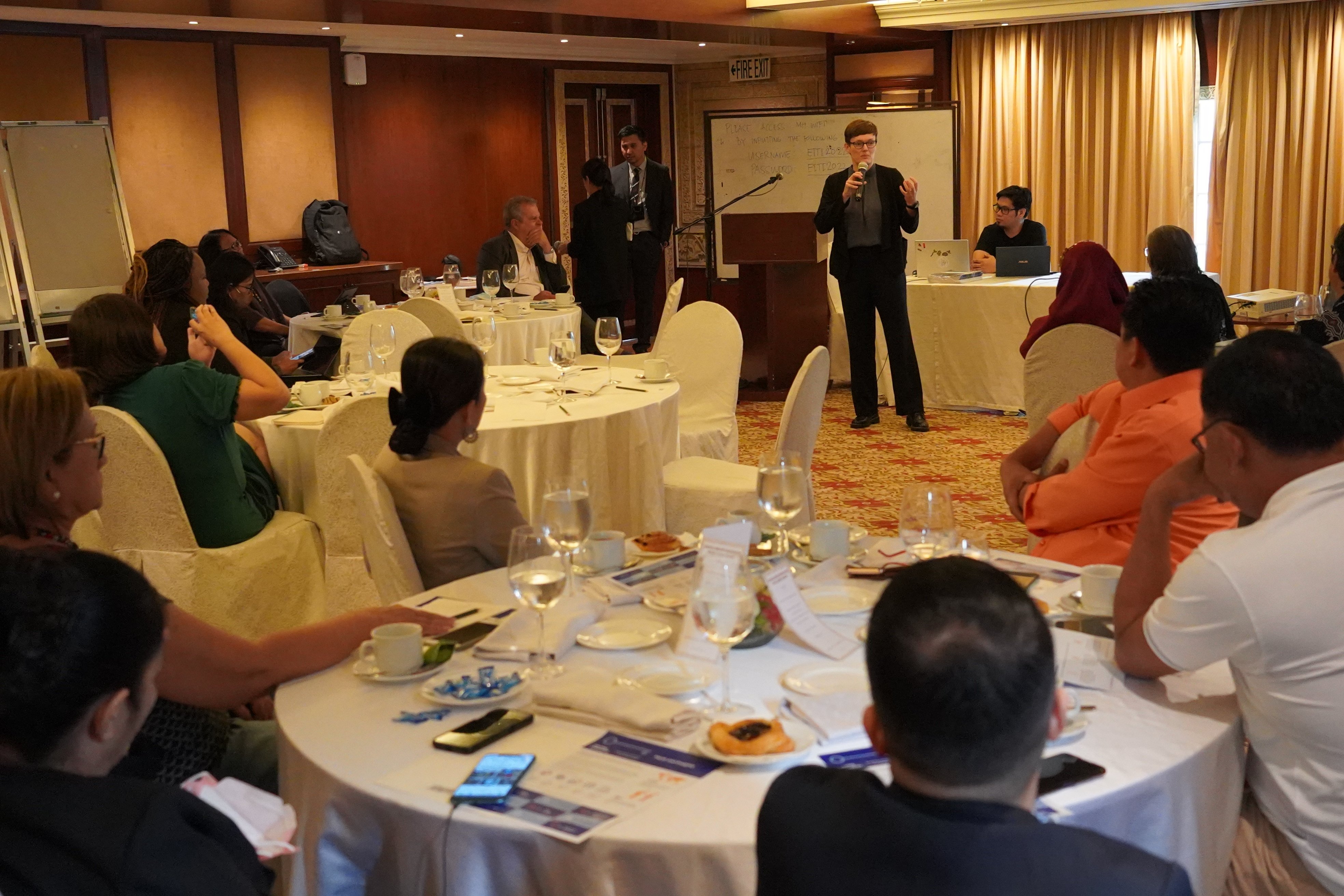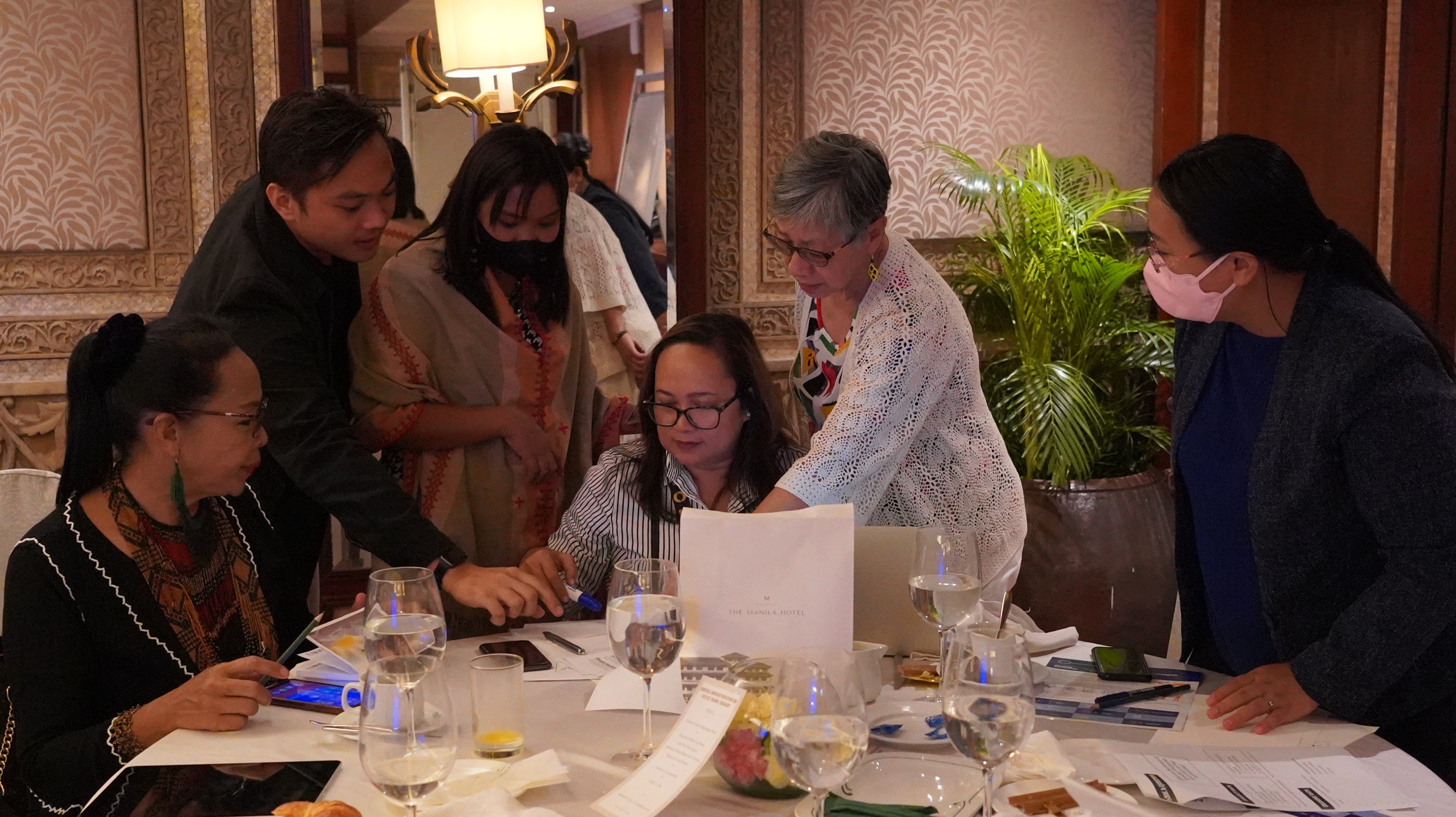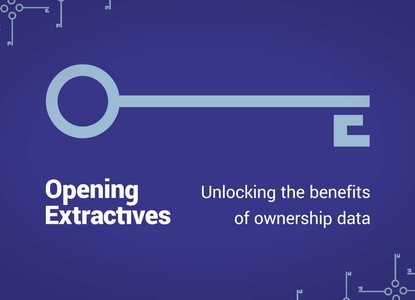Beneficial ownership transparency gets closer to the ground in Philippines workshop

In November, representatives of civil society organisations from across the Philippines gathered in Manila to participate in a training on beneficial ownership data use. The workshop increased the knowledge and skills on beneficial ownership transparency in the Philippines.
The training was organised under the Opening Extractives Programme, jointly implemented by the Extractive Industries Transparency Initiative (EITI) and Open Ownership. Almost twenty leaders, advocates, and researchers from various academic institutions and grassroots organisations attended the one-day workshop, that aimed to raise awareness on the importance of beneficial ownership data and to build local capacity in data analysis and advocacy.
Mark Robinson, Executive Director, EITI, gave the opening remarks at the beginning of the training. He introduced the objectives of the Opening Extractives programme and acknowledged the special role that civil society plays in supporting transparency and good governance in the extractive sector and its contribution to sustainable development outcomes.
Louise Russell-Prywata, Open Ownership's Director of Policy and Advocacy, led a session that explored the participants’ ideas and expectations about beneficial ownership and its relevance in their respective work and communities. The responses from participants ranged from an admitted lack of familiarity with the subject to interest in how beneficial ownership information can enable civil society organisations to demand accountability in natural resource governance in local communities.

Attorney Oliver Leonardo, Director of the Enforcement and Investor Protection Department of the Philippine Securities and Exchange Commission, presented the country’s current legal framework for beneficial ownership disclosure in the corporate sector. For extractives in particular, Attorney Manuel Rodriguez, Deputy National Coordinator of the Philippines EITI (PH-EITI), shared PH-EITI’s efforts to comply with the beneficial ownership transparency requirements of the EITI Standard, including its public beneficial ownership register for companies that consented to publication of their information.
Beneficial ownership data was put into practice by Marco Zaplan, Resource Governance and Extractives Data Consultant, who facilitated a workshop on using beneficial ownership data for improved resource governance using a simple method called ACES (Ask a question, Collect data, Examine data, Share findings). He conducted an exercise on how participants can use PH-EITI’s beneficial ownership registry to answer questions for final presentation through a visualization task. The exercise served to deepen the understanding of the beneficial ownership concept, how companies are controlled in the Philippines, and useful graphics that could be used for storytelling and strengthening the case for beneficial ownership transparency in the Philippines.
Karol Ilagan, journalist and educator who serves as Editorial Director at the Philippine Center for Investigative Journalism, provided real-world local examples of using key data sources, data analysis techniques and building stories. She presented her experience doing investigative reporting on the Philippines’ involvement in the Pandora Papers leak story on offshore financial dealings that many Filipino politicians closed and how the Transport chief Tugade was being investigated for some undeclared earnings from a British Virgin Islands-owned firm.

The training was a source of learning for the stakeholders who attended and a start of sustained efforts to improve natural resource governance in the Philippines.
Related articles and publications
Publication type
Blog post
Country focus
Philippines
Topics
Opening Extractives
Sections
Implementation

